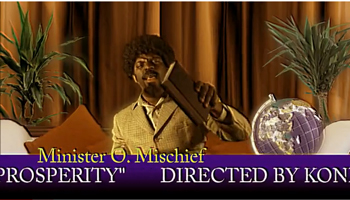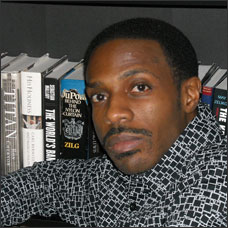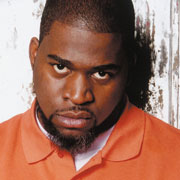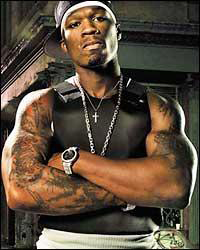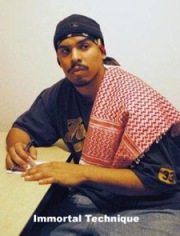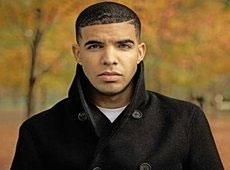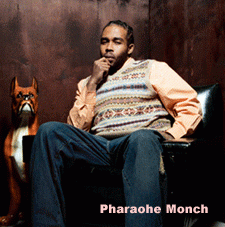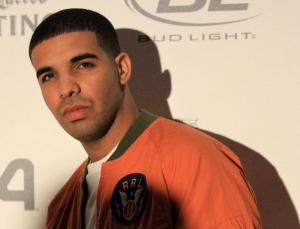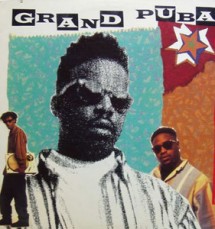 We sat down and spoke with long time activist/ artist Jasiri X about his latest moves and why he continues to raise up the flag of activism and use music as a potent weapon.
We sat down and spoke with long time activist/ artist Jasiri X about his latest moves and why he continues to raise up the flag of activism and use music as a potent weapon.
In recent months Jasiri X has been doing a lot of work with Harry Belafonte. He talks at length about the profound influence this iconic human rights leader has had on his activism as well as his music. He went into depth about some of the work that Belafonte has been doing to combat mass incarceration as it pertains to juveniles. He also notes all the behind the scenes closed-door meetings Belafonte has been having since last year with prominent artists and entertainers, encouraging them to raise awareness and take appropriate action.
Jasiri noted there have been significant changes amongst the many who Belafonte has been meeting with which is great. In terms of how it’s impacted him, he noted that after traveling with Belafonte to the rural south and Appalachia his understanding of poverty and how its impacted folks was greatly expanded. His commitment to working with youth was strengthened. His music was sharpened..
 During our interview Jasiri X talked about the influence of his other mentor Minister Farrakhan. We talked about the the powerful speech Farrakhan gave in 2001 at the Hip Hop Summit in New York and the tour he made around the country speaking directly with popular rappers. From NY to LA to Atlanta, the Minister laid out key issues he felt artists should be addressing. He described them as world leaders whose music had great impact and encouraged them to step up and fully embrace their responsibilities. It was at one of these gatherings that Jasiri X first heard the Minister and it changed his life. It opened Jasiri’s eyes to activism and inspired him to join the NOI. It was there he honed his skills and came to understand the power cultural expression has on the community and the world at large.
During our interview Jasiri X talked about the influence of his other mentor Minister Farrakhan. We talked about the the powerful speech Farrakhan gave in 2001 at the Hip Hop Summit in New York and the tour he made around the country speaking directly with popular rappers. From NY to LA to Atlanta, the Minister laid out key issues he felt artists should be addressing. He described them as world leaders whose music had great impact and encouraged them to step up and fully embrace their responsibilities. It was at one of these gatherings that Jasiri X first heard the Minister and it changed his life. It opened Jasiri’s eyes to activism and inspired him to join the NOI. It was there he honed his skills and came to understand the power cultural expression has on the community and the world at large.
During our interview Jasiri gave some insight as to how both men are similar in their desire for change but different in their approach in terms of how they engage the Hip Hop community. Jasir noted he has benefited greatly from both.
Although we didn’t talk too much about him, it should be noted that Jasiri has a 3rd mentor who has helped him greatly over the years and has been with him at many of the gatherings with Harry Belafonte and is his partner in the 1 Hood organization they helped co-found. That individual is Paradise Gray who is founding member of the iconic group X-Clan and Blackwatch and a long time fixture within Hip Hop.
During our interview Jasiri X updated us on some key cases of police terrorism that he brought to light in his songs, including the vicious beating that took place in his native Pittsburgh, 3 years ago, of honor student Jordan Miles. He talked about some of the new strategies people are using to deal with this scourge of violence at the hands of police. He talked about how and why music and cultural expressions are important tools in our quest to fight back. Jasiri also talked about how two of his songs were banned from concerts and caused alot of controversy because they made police and others in power feel uncomfortable.
Jasiri X also spoke on the work he, Paradise Gray and educator Amil Cook are doing with their 1 Hood Media Academy. In recent months they’ve been doing an interview/mentor series where popular artists land activists like Pharaoh Monch, Jean Grae, Rhymefest, Rosa Clemente, Bakari Kitwanna and KRS-One to name a few have all stopped by and worked directly with the youth. In our interview we hear from the kids as they weigh in on their opinion around the recent NBA controversy with Donald Sterling..
https://www.youtube.com/watch?v=41s1oWM9vOQ
https://www.youtube.com/watch?v=Dq6Y6LSjulU


